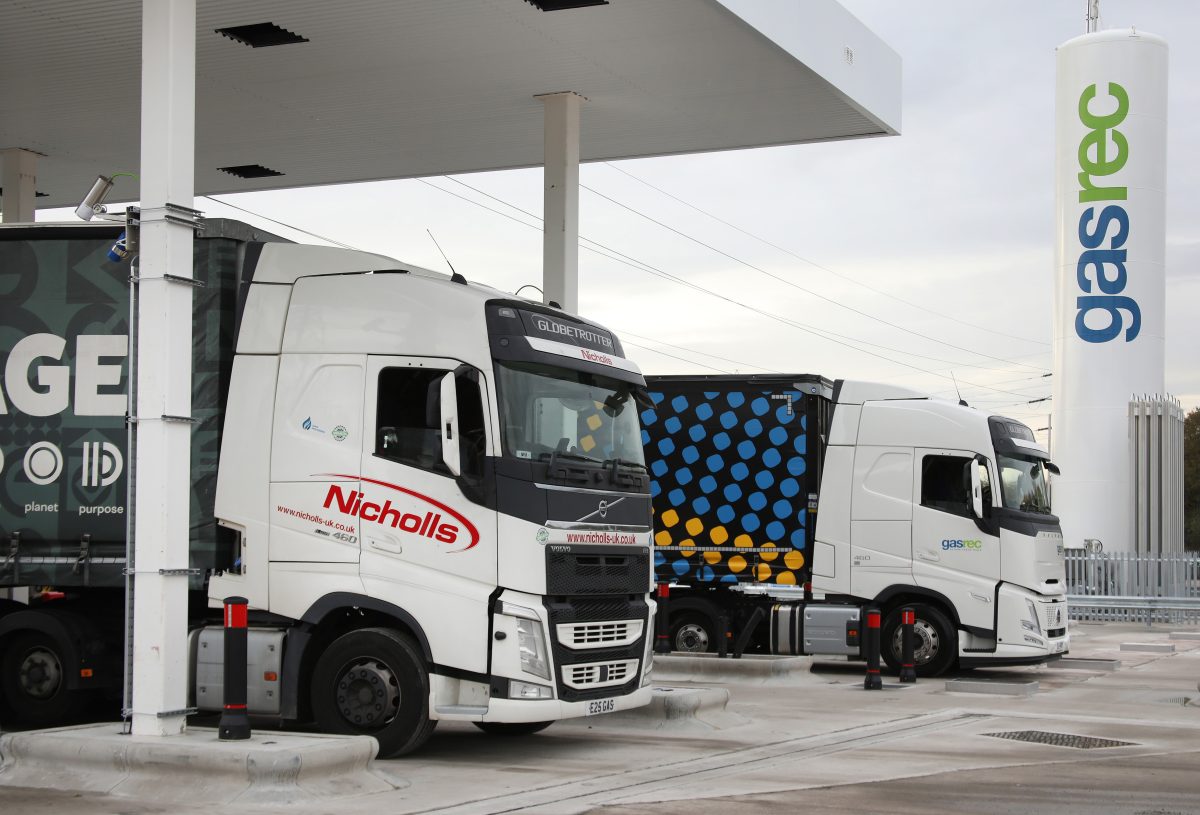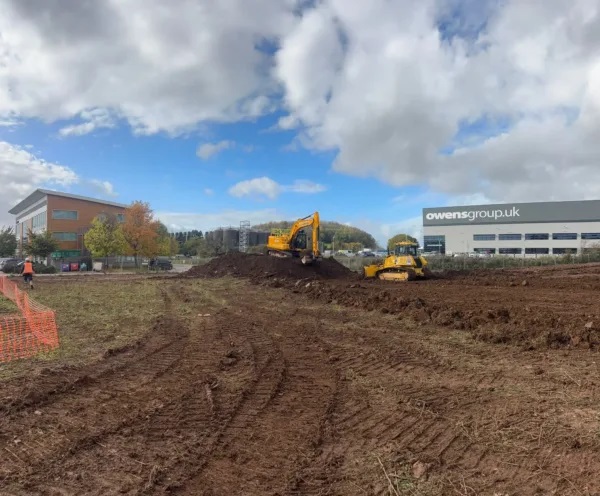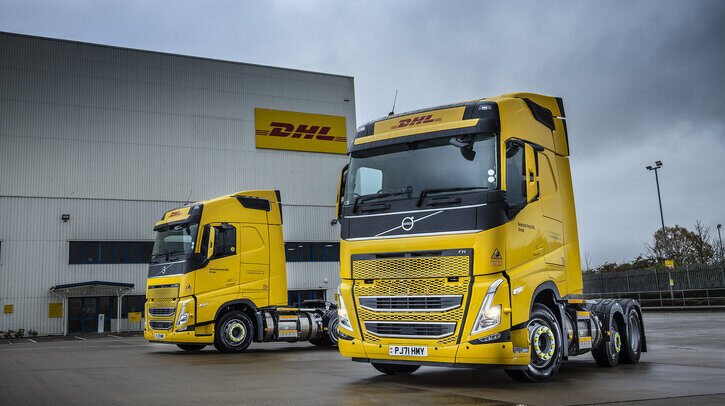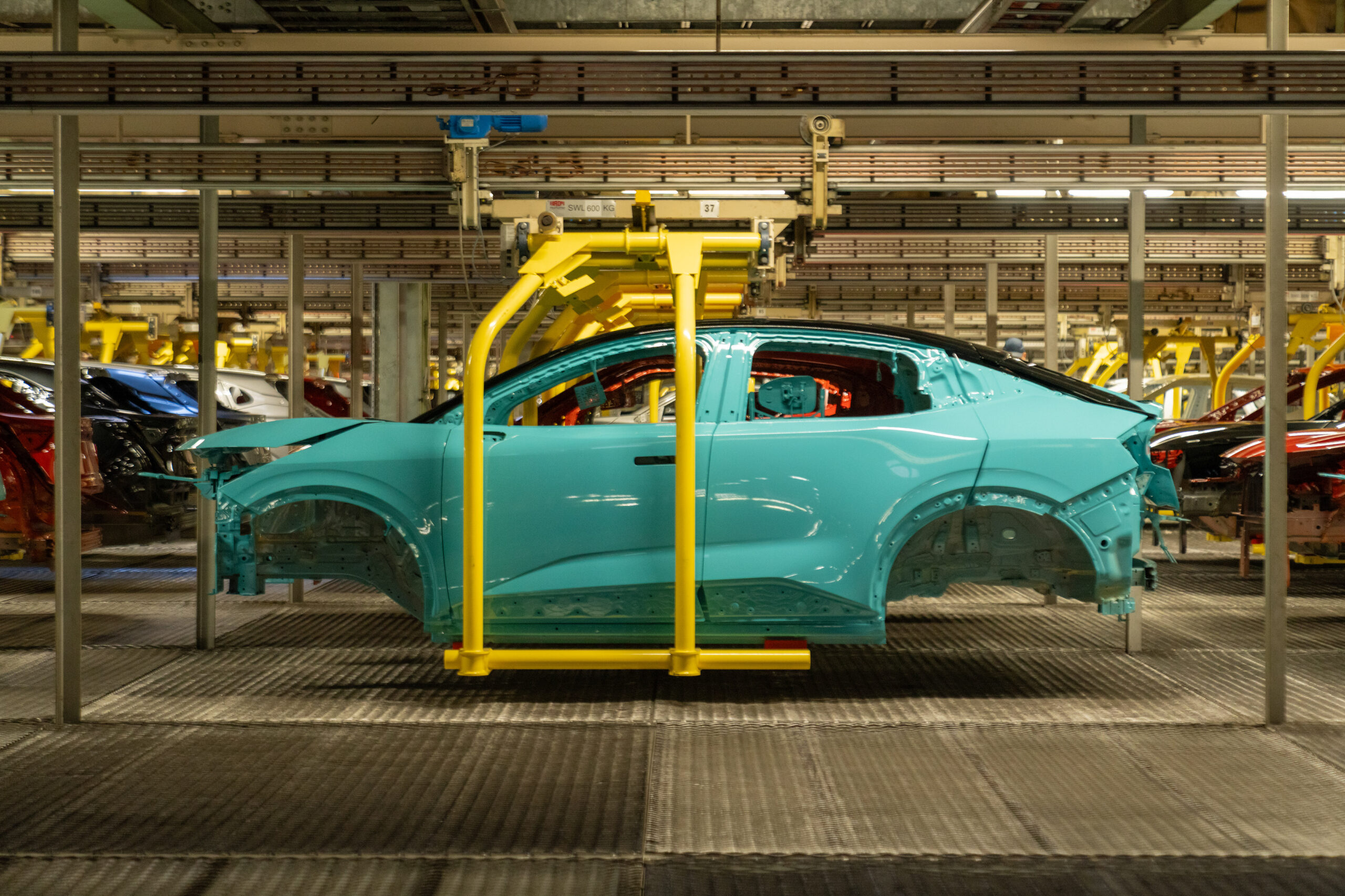
Demand for natural gas as an alternative low-carbon fuel for trucks continues to grow as transport firms focus on immediate steps to reduce their carbon footprint as part of a longer term transition to zero emission vehicles.
Recent months have seen Bio-Compressed Natural Gas (CNG) stations and Liquefied Natural Gas (LNG) sites open around the UK with more planned over the coming months.
For example, this month, Gasrec opened its second large-scale, open access biomethane refuelling facility at Hams Hall, near the M6 and M42.
Gas-powered trucks from DHL, Nestlé, Arla Foods and Nicholls Transport have been among the first to refuel at the facility with throughput expected to rise steadily over the coming months.
Hams Hall currently provides capacity for up to 300 trucks to refuel on Bio-LNG every day, with that set to be expanded to accommodate up to 1,000 trucks daily over the next few years.
Gasrec will be opening further public biomethane stations in Warrington, Avonmouth, and other locations to be announced in the next 18 months.
Also, Gasrec is assessing opportunities to develop new Bio-CNG offerings in line with local demand.

Gasrec currently operates 18 refuelling stations, with a mix of Bio-LNG and Bio-CNG sites, serving some of the UK’s largest fleets, including Asda, Tesco, B&Q, DHL and Ocado, as well as an increasing number of small to medium-sized operators.
The company’s flagship site is located at the Daventry International Rail Freight Terminal (DIRFT).
James Westcott, Chief Commercial Officer of Gasrec, said: “We are seeing record levels of demand for biomethane from fleets, and this new facility provides the scale and resilience they need.
“Our network is expanding at pace.
“With Hams Hall now open, we’re not only easing pressure on existing sites but also laying the foundations for a national refuelling infrastructure that can support operators of every size in moving to cleaner, greener fuels.”
Meanwhile, ReFuels N.V, the supplier of bio-CNG for HGVs, has begun building a public access refuelling station at Magor, South Wales.
The new station, owned and operated by CNG Fuels, is located near the M4 motorway, providing direct access to key routes for east–west freight between London, South Wales and the Midlands.
It is also close to two international airports, the Port of Newport and home to distribution bases for major operators, including Tesco and AB InBev.
The Magor station will have the capacity to refuel 12 trucks simultaneously when at full utilisation.
This will enable refuelling of more than 800 trucks per day and the dispensing of more than 30 million kilograms (kg) of Bio-CNG annually.
In total, CNG Fuels – 40% owned by ReFuels – plans to build at least nine high-capacity stations over the next three years, complemented by a fleet of additional Mobile Refuelling Units (MRS).
Philip Fjeld, CEO and Co-founder of ReFuels, said biomethane delivers 85 to 90% lower CO₂ emissions and about 25% lower costs versus diesel, as well as up to 40% lower cost compared to HVO biodiesel.
He added: “CNG Fuels will provide biomethane to trucks travelling the M4 corridor, one of the UK’s most important freight routes, at Magor and from a planned site in Swindon.
“The new stations are part of the plan to expand our clean fuel infrastructure network, doubling the UK-wide dispensing capacity by the end of 2028 to meet increasing demand.
“This is driven by more fleets switching to 100% renewable and sustainable biomethane to reduce carbon emissions, accelerated by the rapid adoption of the new and larger 6×2 gas-powered trucks opening a much larger market segment.”

DHL eCommerce UK is also investing in infrastructure upgrades, including the installation of a secondary Bio-LNG tank at its new Coventry hub.
At the same time, the company has significantly expanded its alternative fuel fleet in recent months by doubling the number of bio-LNG-powered trucks from 30 to 60.
Replacing conventional diesel models, the Bio-LNG Volvo FM trucks are based at DHL hubs in Coventry, Leicester, Birmingham and Milton Keynes and operate on key routes across the UK.
Each vehicle has a range of up to 400 miles and, according to DHL, reduces green house gas (GHG) emissions by up to 80% compared to traditional diesel.
In addition, DHL is piloting a fully electric tractor unit, reflecting its commitment to a multi-fuel strategy in the transition to cleaner transport.
This initiative is part of the DHL Group’s global sustainability strategy, which targets net zero GHG emissions by 2050.
Stuart Hill, CEO of DHL eCommerce UK, said: “We’re delighted to expand our fleet with lower GHG emission vehicles and take diesel trucks off the roads.
“As a business, we are committed to being at the forefront of sustainable logistics so we will continue to make the necessary investments to reduce our GHG emissions footprint as we work towards our sustainability targets.”
One of the benefits of gas-powered trucks is that drivers can refuel them with ease, similar to conventional diesel trucks, ensuring they quickly return to the road while benefiting from the increased sustainability.
Retailer Tesco has worked with CNG Fuels to create a refuelling station adjacent to its Regional Distribution Centre in Livingstone, Scotland.
This summer it also added 42 new Iveco S-Way natural gas-powered HGVs to its fleet at the location, which are used to transport food and other goods to Tesco locations across Scotland.
These trucks are each expected to cover 200,000km per year, meaning a potential annual saving of up to 6,473 tonnes of CO2 across the fleet.
According to Iveco, the S-Way can yield an up to 95% CO2 saving versus an equivalent diesel truck when running on bio-CNG.
Cliff Smith, Fleet engineering manager at Tesco said: “By investing in biomethane technology and partnering with Iveco and CNG Fuels, we are committed to driving positive change and pioneering sustainable practices in the retail sector.”
Gas-powered trucks are helping firms reduce their emissions output significantly and driving them closer to their net-zero goals.
This continuing investment in the associated refuelling infrastructure therefore makes gas a viable solution for many businesses in the road transport sector.


